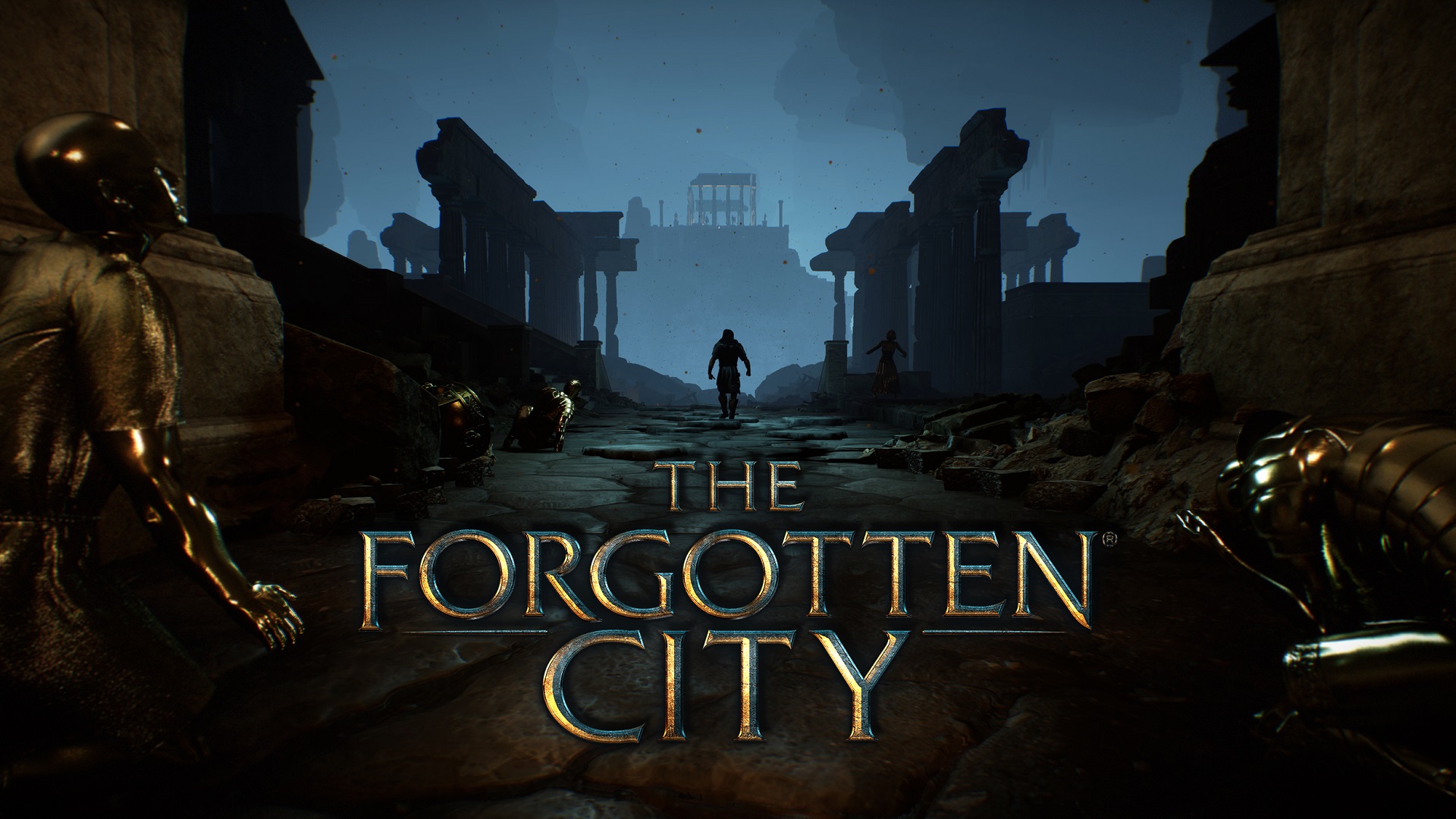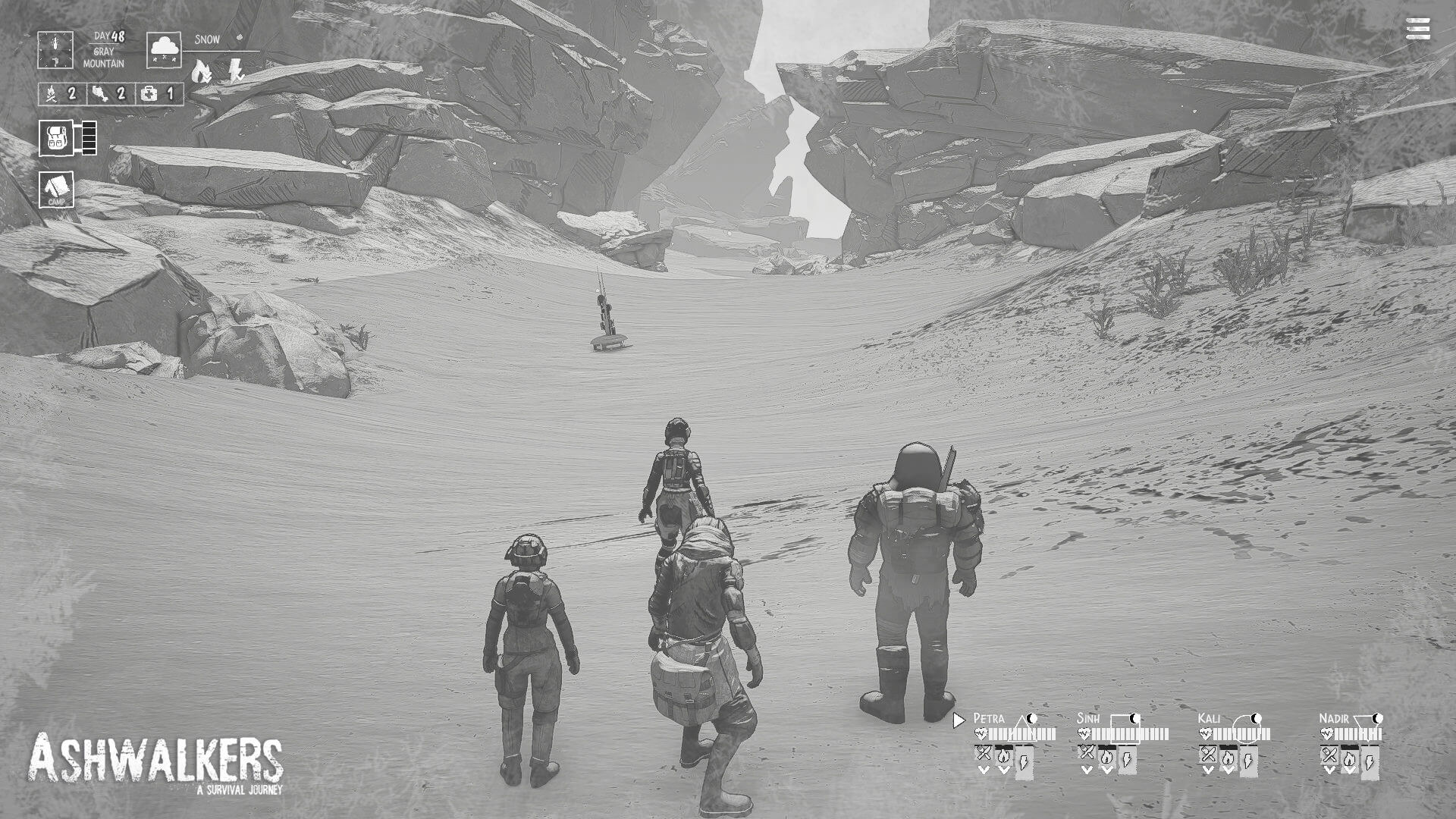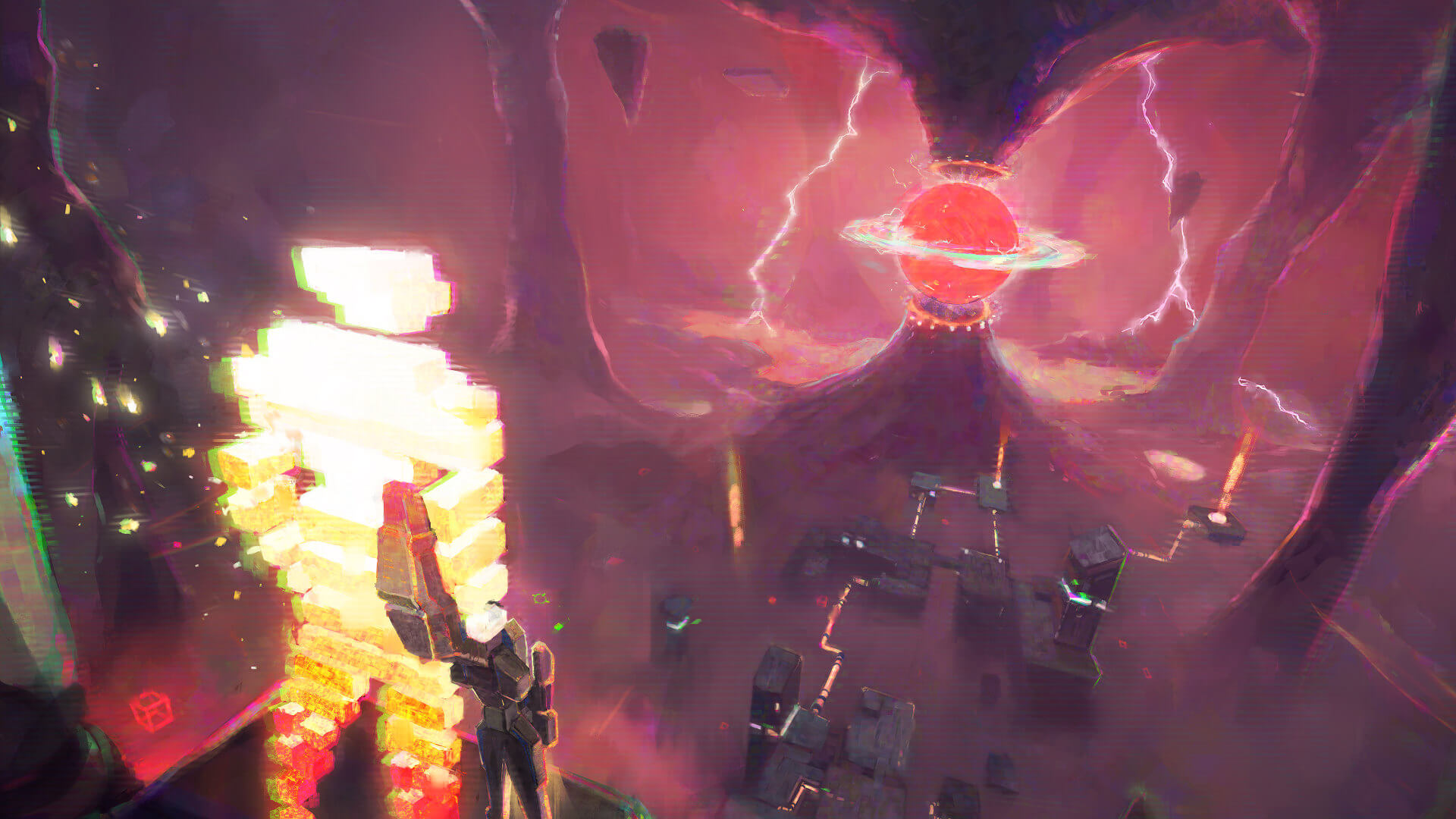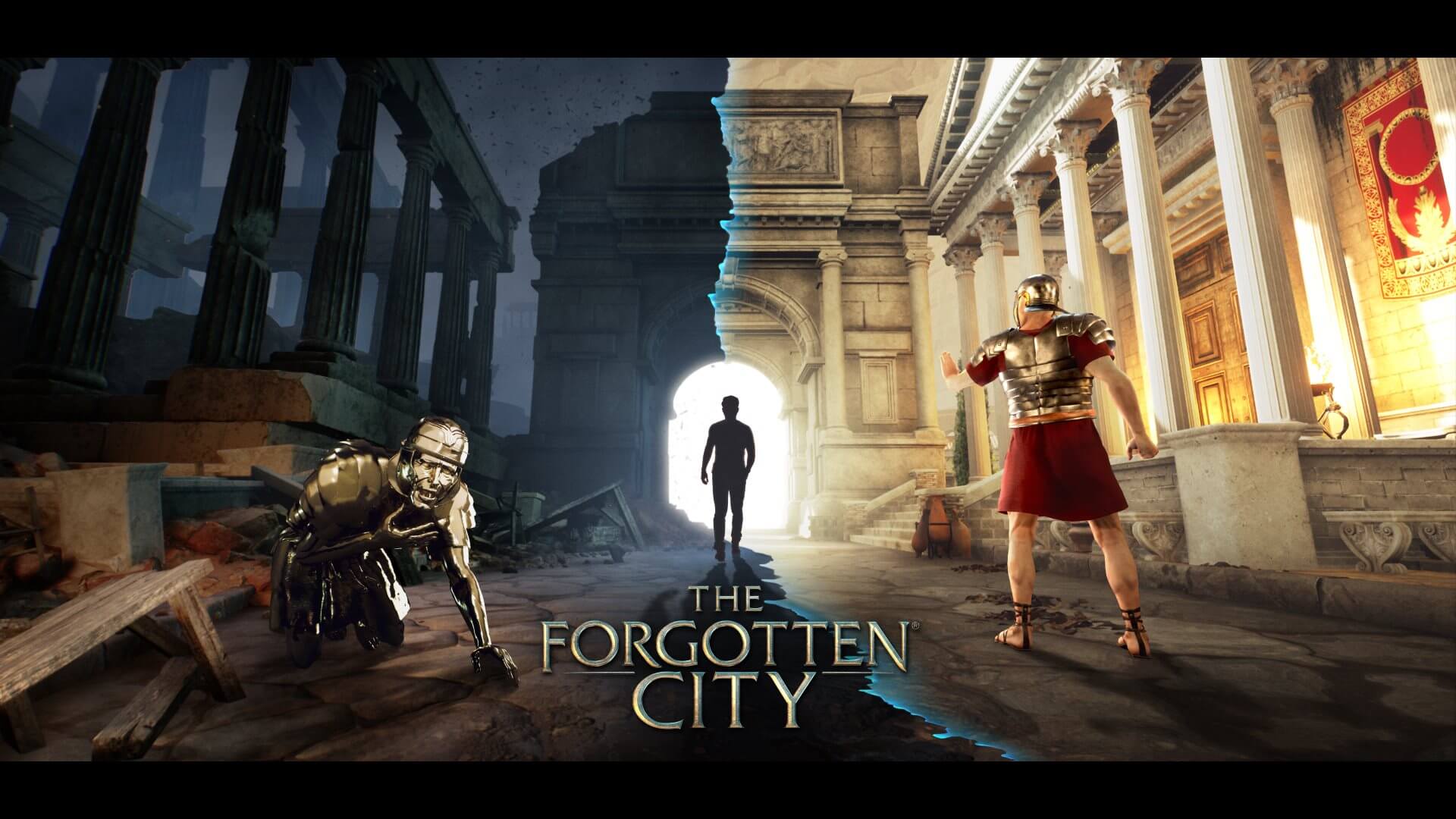
The Forgotten City Review – Remember Me
Developed by Modern Storyteller
Published by Dear Villagers
Available on PC, PlayStation 4, PlayStation 5, Xbox One, Xbox Series X|S, Nintendo Switch
MSRP: $29.99
Not being a bad person is harder than you think. Sometimes you have to do something bad for the greater good. However, you’re not the only person affected by any sins committed. In the new narrative adventure game The Forgotten City, this is taken to a logical extreme. You’ll enter a hidden Roman city where if a single person commits any sins, no matter the reason, everyone in the city will be turned to gold.
The game starts with you waking up on the shore of a river. A mysterious woman has just pulled you out and saved you. You get a quick choice on history here, with the game letting you choose if you want to be an archeologist, a soldier, a convict, or starting with amnesia. Each history gives you different advantages, such as archeologists opening up a few extra optional dialogue trees or the soldier just having a gun with 10 bullets, which basically lets him instantly kill any 10 NPCs in the game. After this, you’re told that a man named Al had disappeared into the Roman ruins behind you about an hour ago, and the woman asks you to find him.

It isn’t long before you become trapped in the ruins and stumble upon a rather unfortunate site: Al has not only hung himself but been turned to gold. Ahead of you is a portal and upon entering it you’re sent 2000 years into the past, to when the Roman city still had people in it. It’s here you learn about the central plot of the game, and what you need to do. You’re asked by Sentius, the current Magistrate, to figure out how to stop someone from committing a sin and dooming everyone to be turned to gold. If you mess up? Find the wrong person? Commit a sin? You do have one major advantage: you’re in a time loop. You can start the day over again as many times as you want, taking with you knowledge of the day and any items that were on your body.
After that The Forgotten City basically sets you loose, letting you run around the city and talk to its 20 different inhabitants. Each character has their own history, personality, desires, and interacts with the other characters in a specific way. You’ll have to do a lot of talking to figure out anything about them, and the city has plenty to tell. This comes about in so many visual stories and little touches. My personal favorite? The many statues of people turned to gold in the past. Don’t look at them directly, and you may notice their heads turn to look at you when you’re not paying attention. It adds a new and unique mystery to the world, a rather horrifying one in fact, that doesn’t need to be spelled out in big obvious letters. This is something the developers are fantastic at crafting.

It’s probably worth noting at this point that The Forgotten City started life as a 2015 mod for The Elder Scrolls V: Skyrim. As such, if you’ve played Skyrim recently everything may feel just a tiny bit familiar. This includes major gameplay elements, like the way conversations work with extreme zooms on character’s faces and simple dialogue choices, too little elements like the way bows work and the rare zombie-like enemies you’ll see in the game. While The Forgotten City certainly no longer feels like a mod, it’s hard to shake the feeling that it does feel like a Skyrim fan game.
However, it’s hard to be that worried about this when I’m having such a good time. There are so many little stories in this game and every single one enraptured me. One early puzzle that I had to figure out involves a woman who is mysteriously poisoned. Of course, this is already strange because someone shouldn’t be able to poison someone else without breaking the Golden Rule. You can’t ask any questions until you cure her, but the only cure is held by a trader who refuses to part with it unless it’s for an obscene amount of money. Oddly enough, this price gouging also doesn’t break the Golden Rule. The doctor admits that she could probably pay someone way less than his asking price to just steal it, but this would break the rule.

This single quest is a fantastic example of several things The Forgotten City does well. It introduces characters like Lucretia, the overworked doctor who wasn’t prepared to step into the role, Desius, the shady merchant who is always looking for loopholes, and Iulia, the poisoned servant who has her own mysterious backstory. The quest gives you a clear goal and teaches you all about how the Golden Rule is not quite what it’s advertised to be and how it’ll allow you to kill someone by price-gouging necessary medicine but not save them by stealing it.
The best part is how this one quest is tied into several other quests. You need to save Iulia because she has information about Sentilla, a woman who went missing and may have found a way out from the city. While searching for the cure you discover an assassin who has snuck into the city and will kill people if you don’t find out how to stop him. Save Iulia and Lucretia will ask for your help with finding a cure for another citizen’s rheumatism. To do so you need to complete a different quest to access a manor, which temporarily turns The Forgotten City into an action shooter.
For the most part, The Forgotten City is about talking, puzzles, and figuring out the general narrative. When it breaks from that mold the result can be described as “fine, but clearly not what the game is made for.” A great example is the aforementioned action segment. Here you get a bow that can turn enemies into gold, and zombie-like enemies looking to attack you. It’s very easy, and the game adds and throws away a bunch of random mechanics here. Likewise, once you have this bow, you can use it to turn trees and vines into platforms and ladders. The platforming used for these segments can be best described as “awkward.”

But these are really secondary elements to what easily became both my favorite story of the year and another fantastic experience I got. The Forgotten City is well worth your time, and I loved every second of trying to navigate its brutal law. There’s plenty to pull from here, and, if you don’t manage to commit any sins and get turned to gold, you should find a mystery worth unraveling.




